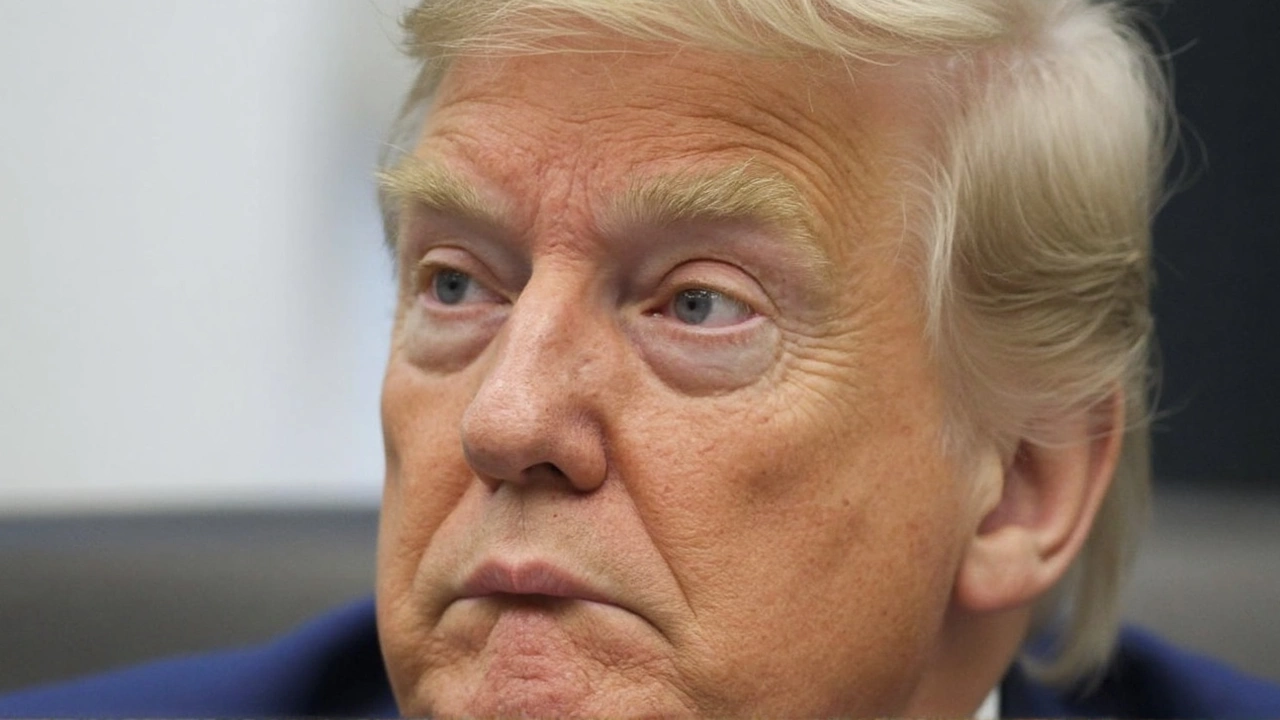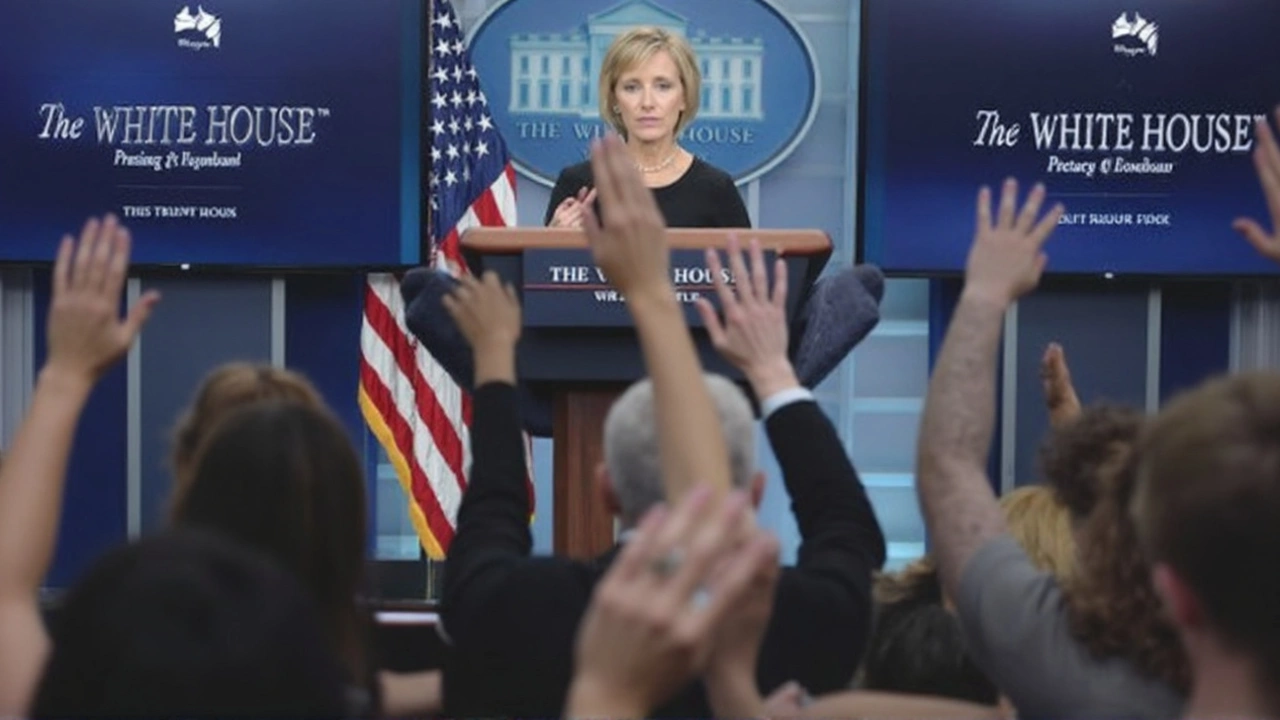Trump Faces High-Stakes Call on US Role in Israel-Iran Showdown
Tensions don’t get much tighter than this: President Trump says he’ll decide in just two weeks whether the US steps directly into Israel's fight with Iran. And it’s not just something for the back pages—this is about the world’s most dangerous weapons and a region that rarely sees any calm.
Right now, Israel and Iran are trading rockets and threats, ramping up fears that Tehran could soon build a nuclear weapon. The White House makes no secret of their worry. Karoline Leavitt, Trump’s spokesperson, put it bluntly—America would rather talk it out, but they’re prepared for the alternative. According to US intelligence, Iran now has all the pieces it needs to create a nuclear bomb within weeks. For years, that was just a nightmare scenario; suddenly, it looks realistic—and that’s why this deadline matters so much.
Israel isn’t sitting around to see what Washington does. Their plans to strike Iran’s nuclear facilities could wrap up in as little as one week. Some Israeli officials figure Trump will join the fray even sooner than he claims, but so far, Prime Minister Netanyahu has been clear: Israel can get the job done on its own. They aren’t waiting for American backup, and they definitely don’t want to look like they need saving.

Republicans Split, Markets React, and Uncertainty Lingers
The biggest shock might be coming from inside Trump’s own party. People who might have been expected to cheer him on—like Steve Bannon—are telling him to stay out. Bannon says this is ‘Iraq all over again’ and that Israel should ‘finish what they started’ without dragging the US into another endless fight. Representative Marjorie Taylor Greene and commentator Tucker Carlson are piling on, warning the whole thing smells like a trap the US has seen before. No one really wants a repeat of the chaos that followed the Iraq invasion.
Still, Trump’s track record makes this deadline feel salted with uncertainty. He has a habit of announcing tough cut-off dates, only to move them around. Nobody in Washington, Jerusalem, or Tehran is betting their strategy solely on what comes out of the White House press briefings over the next week.
The markets are making their nerves clear, too. Brent crude oil prices dropped by 2.7% right after Trump spoke about the possible military intervention. If even oil traders, who normally bet on price spikes in a crisis, are reacting this way, you know things are unpredictable.
Everyone—from Middle East strategists to average investors—will be watching Trump’s next move. Whether the US actually joins Israel in military action, or sticks to the hope of a diplomatic breakthrough, what happens in the next two weeks could reshape not just the Middle East, but the balance of power far beyond.
